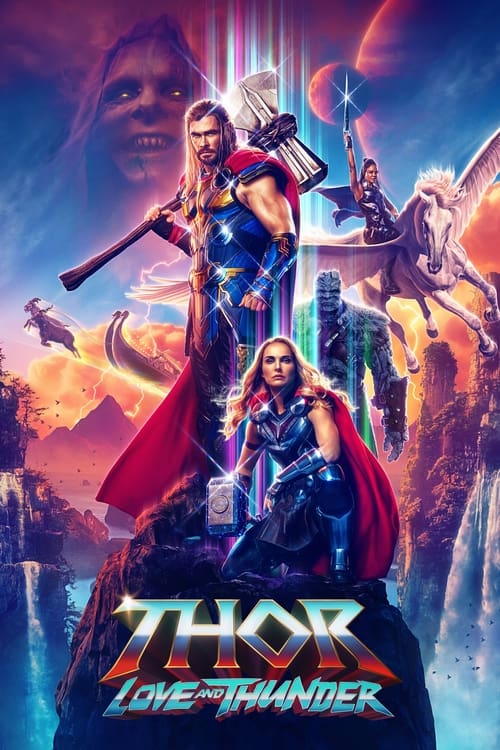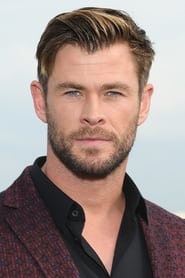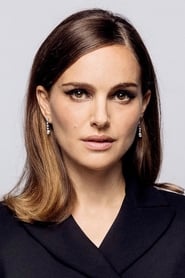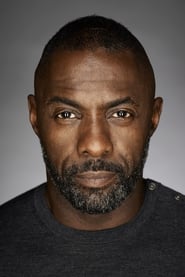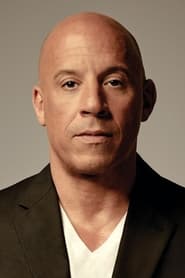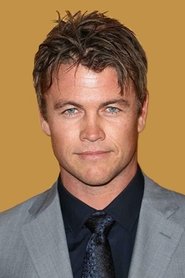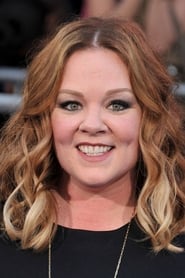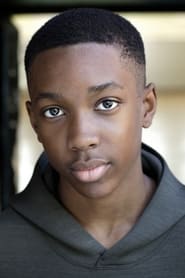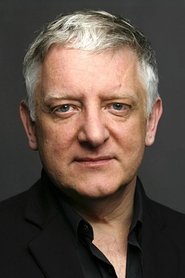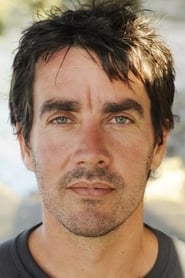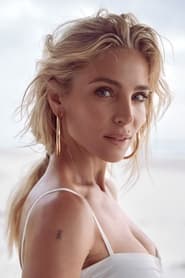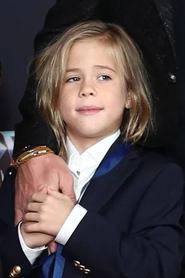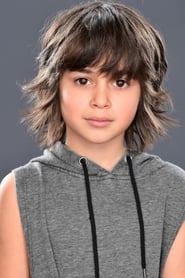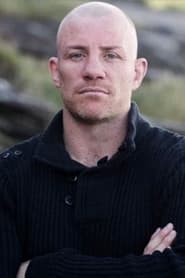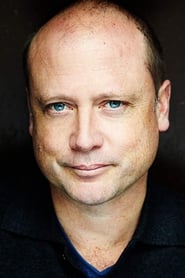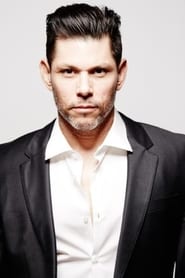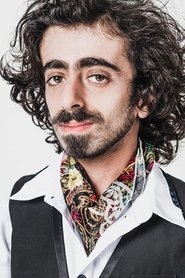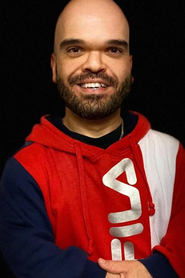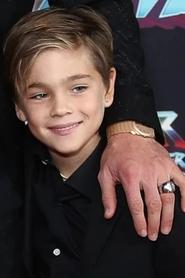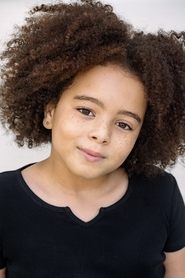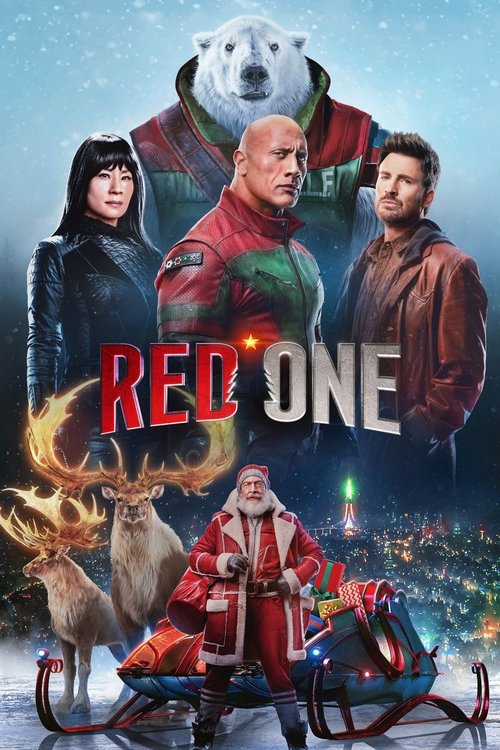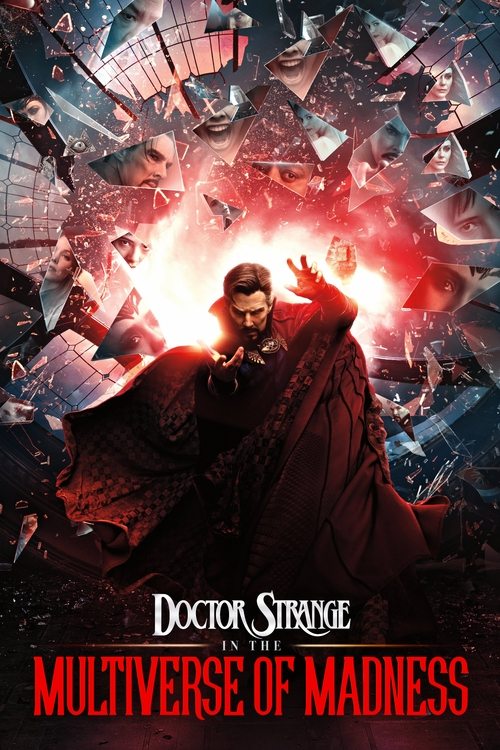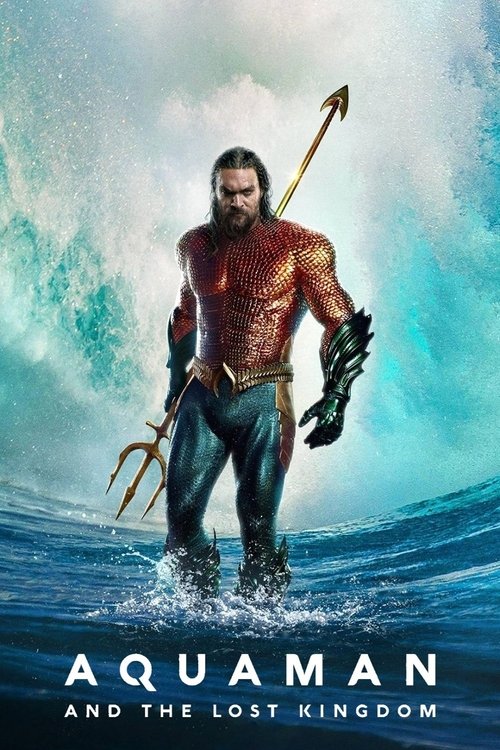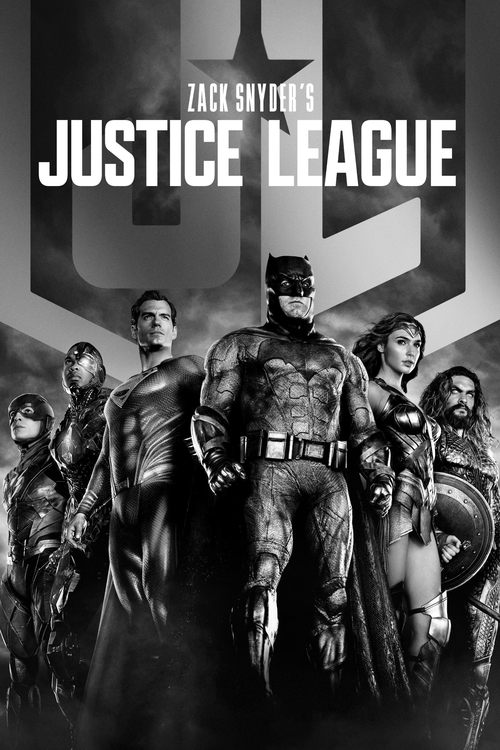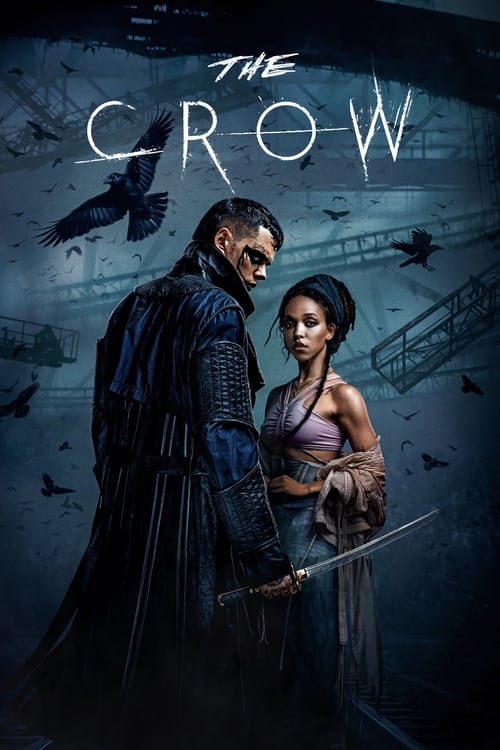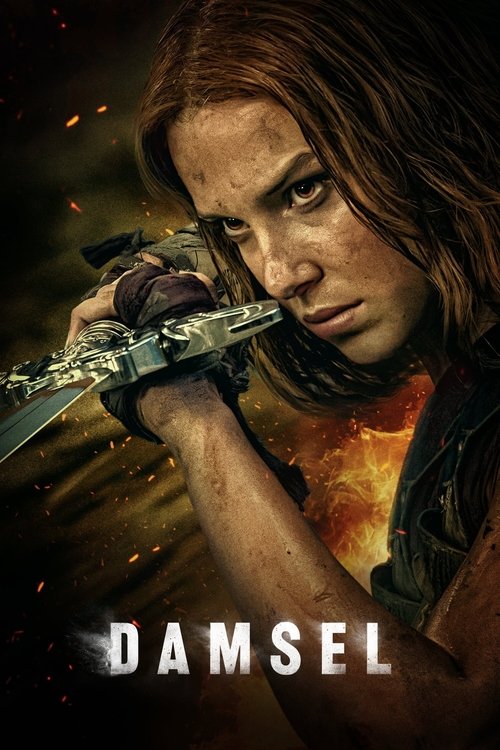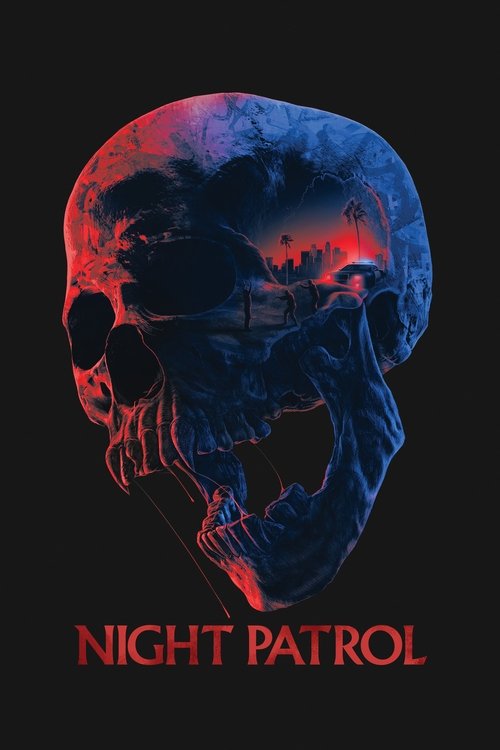
Ask Your Own Question
What is the plot?
The story of Thor: Love and Thunder opens with a somber narration by Korg, the gentle Kronan warrior voiced by Taika Waititi, who recounts the tragic origins of Gorr the God Butcher. On a barren, desolate planet--Gorr's homeworld--Gorr is a desperate father praying to his god, Rapu, to save his dying daughter. The god, however, remains indifferent to Gorr's pleas. When Rapu finally appears, he mocks Gorr's suffering, revealing the gods' callous neglect of mortal pain. Enraged beyond reason, Gorr seizes the Necrosword, a dark, cursed blade that grants the power to kill gods, and slays Rapu with it. This act transforms Gorr into a vengeful being, determined to exterminate all gods across the cosmos. The opening scene closes with Gorr's chilling vow: to wipe out every god who has forsaken their worshippers.
Fast forward to the present, Thor Odinson is found aboard the Guardians of the Galaxy's ship. He fights alongside Star-Lord, Gamora, Drax, Mantis, Groot, and Korg, but it's clear Thor is restless and discontent. Though he's a god of thunder, he's seeking inner peace, trying to escape the burden of heroism and responsibility. After a brief skirmish, he abruptly leaves the Guardians, declaring with a mix of humor and melancholy, "I'm not a hero. I'm just a guy who likes to fight." His departure is a moment of both levity and sadness, underscoring his internal conflict.
Meanwhile, back on Earth, Jane Foster is introduced as an astrophysicist at a university. She is grappling with a devastating diagnosis: terminal cancer. The film does not shy away from showing the toll this illness takes on her--her chemotherapy treatments, her physical frailty, and the emotional weight of facing mortality. Despite her suffering, Jane's scientific mind remains sharp, and her memories of Thor linger, hinting at a deep, unresolved connection.
In New Asgard, the coastal settlement of Asgardians on Earth, Valkyrie reigns as king. Tessa Thompson's Valkyrie is shown handling the mundane yet weighty responsibilities of leadership, presiding over council meetings and trying to maintain order in a kingdom still healing from past traumas.
The peace is shattered as Gorr the God Butcher emerges as a cosmic threat, traveling the universe with the Necrosword, hunting gods with ruthless efficiency. His crusade is fueled by the pain of his lost daughter and his hatred for the divine beings who ignored his suffering.
Thor's path soon crosses with Jane's again, but now Jane wields Mjolnir, Thor's legendary hammer, transformed into the Mighty Thor. Her ability to wield Mjolnir is both a blessing and a curse--while it grants her immense power, it also accelerates the progression of her cancer, as her mortal body struggles to contain the divine energy.
Thor reunites with Valkyrie and Korg, and together they confront the threat Gorr poses. Their journey takes them from New Asgard to the opulent Omnipotence City, the celestial realm ruled by Zeus, played with gravitas by Russell Crowe. Zeus, however, is dismissive and refuses to aid them against Gorr, revealing the gods' continued indifference to mortal peril.
Determined, Thor challenges Zeus in a spectacular confrontation, seizing Zeus's thunderbolt to bolster his own power. This act marks Thor's resolve to fight for the mortals and gods who cannot defend themselves.
Gorr escalates his campaign by kidnapping the children of New Asgard, using them as bait to lure Thor into a trap. His goal is to use Stormbreaker, Thor's axe, as a key to open a portal to Eternity, a cosmic entity capable of granting wishes. Gorr intends to wish for the complete annihilation of all gods, fulfilling his vengeful mission.
The tension mounts as Thor, Jane, and Valkyrie race to rescue the children and stop Gorr. Thor imbues the children with temporary powers using Zeus's thunderbolt, enabling them to wield weapons and fight off Gorr's monstrous Black Berserkers. This moment is both thrilling and emotionally charged, showcasing the courage of the young Asgardians and Thor's willingness to share his power to protect his people.
The climactic battle unfolds at Eternity's Altar, a surreal, otherworldly realm where the cosmic entity Eternity resides. Thor and Gorr engage in a fierce duel, with Gorr initially overpowering Thor. Sensing Thor's peril, Jane steps into the fray, wielding Mjolnir with fierce determination. Her arrival turns the tide as she pummels Gorr and helps Thor reclaim Stormbreaker.
Together, Thor and Jane shatter the Necrosword, breaking its curse and freeing Gorr from its corrupting influence. However, the destruction of the sword opens the gate to Eternity's realm, and the three are drawn into the cosmic plane.
At this pivotal moment, Gorr stands poised to make his wish to Eternity. Instead of choosing vengeance, Thor appeals to Gorr's lingering humanity, imploring him to use the wish to revive his daughter, Love, rather than destroy the gods. Thor's words resonate deeply, and Gorr, weakened by the Necrosword's curse that now threatens to kill him, makes the wish.
The wish is granted: Love is resurrected, alive and well. But the curse exacts its final toll, and Gorr dies, his mission complete yet tinged with tragedy. Before passing, he entrusts Thor with the care of his daughter, Love, asking, "Take care of her."
Meanwhile, Jane's condition worsens due to the strain of wielding Mjolnir alongside her cancer. In a heart-wrenching scene, she succumbs to her illness in Thor's arms. Their final moments are tender and filled with unspoken love. Thor holds her close as her body disintegrates, sharing a quiet, poignant kiss. Her death is a profound loss, underscored by Thor's grief and the weight of their shared history.
The film's emotional depth is amplified when Jane is shown arriving in Valhalla, the afterlife for fallen Asgardians. There, she is warmly welcomed by Heimdall, the gatekeeper played by Idris Elba, offering a sense of peace and honor after her mortal struggles.
Back on New Asgard, the rescued children return safely, and Valkyrie, along with Sif, begins training them to defend their home. A monument is erected in Jane Foster's memory, honoring her sacrifice and heroism.
Thor embraces his new role as a guardian and mentor, adopting Love as his daughter. The film closes with a striking image of Thor wielding Mjolnir and Love wielding Stormbreaker, symbolizing a passing of the torch and the continuation of heroism.
In the mid-credits scene, a recuperating Zeus, nursing his wounds in Omnipotence City, plots revenge against Thor. He summons his son Hercules, introducing the character to the Marvel Cinematic Universe, setting the stage for future conflicts.
The post-credits scene offers a final, serene moment as Jane Foster arrives at the gates of Valhalla, greeted by Heimdall, affirming her place among the honored dead.
Thor: Love and Thunder weaves a tale of love, loss, vengeance, and redemption, balancing cosmic spectacle with intimate human moments. It reveals the depths of Thor's heart, Jane's courage, and Gorr's tragic fall, culminating in a story where love ultimately triumphs over hatred and despair.
More Movies Like This
Browse All Movies →What is the ending?
At the end of "Thor: Love and Thunder," Thor adopts Gorr's daughter, Love, after Gorr sacrifices himself to bring her back to life. Thor and Love embark on a new journey together, while Jane Foster, who has passed away, is honored in Valhalla.
As the climax of "Thor: Love and Thunder" unfolds, we find ourselves in a desolate landscape where Gorr the God Butcher, played by Christian Bale, confronts Thor, portrayed by Chris Hemsworth, and his allies. The battle against Gorr reaches its peak as he attempts to use the power of Eternity to wish for the extinction of all gods. Thor, realizing the depth of Gorr's pain and loss, tries to reach out to him, appealing to the remnants of humanity within the vengeful figure.
In a moment of vulnerability, Gorr reveals his true motivation: the loss of his daughter, Love. As the confrontation escalates, Thor's friends, including Valkyrie, played by Tessa Thompson, and Jane Foster, portrayed by Natalie Portman, join the fray. Jane, wielding Mjolnir as the Mighty Thor, fights valiantly but ultimately succumbs to her cancer, a consequence of her transformation. In her final moments, she shares a heartfelt goodbye with Thor, expressing her love and the importance of their time together.
As Gorr reaches Eternity, he is faced with a choice. In a poignant moment, he decides to resurrect his daughter instead of wishing for the death of all gods. This act of redemption highlights Gorr's internal struggle and the love he still holds for his child. However, the act costs him his life, and he dies shortly after reuniting with Love.
With Gorr's sacrifice, Thor takes on the responsibility of raising Love, who is now a living embodiment of hope and new beginnings. The film concludes with a touching scene where Thor and Love, now a young girl, embark on adventures together, symbolizing a new chapter in Thor's life. The bond they form signifies healing and the potential for love to overcome loss.
In the final moments, we see Jane Foster welcomed into Valhalla, where she is reunited with Heimdall, played by Idris Elba. This scene serves as a bittersweet farewell, celebrating her bravery and sacrifice while acknowledging the pain of her absence in Thor's life.
As the credits roll, Thor and Love, now known as Love, are seen preparing for their next adventure, embodying the themes of family, love, and the enduring spirit of those we lose. Each character's fate is intertwined with the overarching narrative of love conquering grief, and the film closes on a note of hope and renewal.
Is there a post-credit scene?
Yes, "Thor: Love and Thunder" features two post-credit scenes that add depth to the story and set up future developments in the Marvel Cinematic Universe.
In the first post-credit scene, we see a serene and beautiful landscape where Zeus, played by Russell Crowe, is recovering from his encounter with Thor. He is visibly angry and frustrated about the loss of his lightning bolt and the disrespect he feels from the gods. He declares that he will not let Thor and the other gods get away with their actions. This scene emphasizes Zeus's desire for revenge and hints at a potential conflict involving the gods in future films.
The second post-credit scene shifts to a more personal moment. We find Jane Foster in a celestial realm, where she is greeted by Heimdall, played by Idris Elba. He welcomes her to the afterlife, indicating that she is at peace after her sacrifice in the battle against Gorr the God Butcher. This scene is emotionally charged, as it provides closure for Jane's character, showing her in a place of tranquility and acceptance, free from her struggles on Earth. It also reinforces the themes of love and sacrifice that permeate the film.
These scenes not only serve to tease future storylines but also provide emotional resonance, connecting the characters' journeys and the overarching narrative of the Marvel Universe.
What is the significance of Jane Foster becoming the Mighty Thor?
In 'Thor: Love and Thunder', Jane Foster's transformation into the Mighty Thor is a pivotal plot element that showcases her strength and resilience. After being diagnosed with cancer, she wields Mjolnir, which grants her the powers of Thor. This transformation is not just about physical power; it symbolizes her fight against her illness and her desire to reconnect with Thor. The emotional weight of her journey is highlighted as she struggles with her health while embracing her new identity, ultimately leading to a deeper bond with Thor.
How does Gorr the God Butcher's backstory influence his actions?
Gorr the God Butcher, portrayed by Christian Bale, has a tragic backstory that deeply influences his motivations. After losing his daughter, Love, to starvation and feeling abandoned by the gods he worshipped, Gorr becomes embittered and vengeful. His journey leads him to acquire the Necrosword, which empowers him to hunt down gods. This personal loss fuels his mission to eradicate all gods, believing they are unworthy of worship. His emotional turmoil and grief make him a complex antagonist, as he seeks to avenge his daughter's death by any means necessary.
What role does the Guardians of the Galaxy play in the film?
The Guardians of the Galaxy appear at the beginning of 'Thor: Love and Thunder', providing a brief but impactful role. They assist Thor in his quest to find Gorr the God Butcher, showcasing their camaraderie and humor. However, their involvement is short-lived as Thor ultimately decides to part ways with them to confront his own challenges. This separation highlights Thor's internal struggle with his identity and purpose, as he grapples with his past and the responsibilities of being a hero.
How does the relationship between Thor and Jane Foster evolve throughout the film?
Throughout 'Thor: Love and Thunder', the relationship between Thor and Jane Foster evolves significantly. Initially, there is a sense of nostalgia and unresolved feelings as they reunite after years apart. Thor is filled with hope and longing, while Jane is determined and independent, having embraced her role as the Mighty Thor. Their interactions are charged with both affection and tension, as they navigate their past and the challenges of the present. Ultimately, their bond deepens as they face Gorr together, culminating in a poignant moment of love and sacrifice.
What is the significance of the character Love in the story?
The character Love, Gorr's daughter, plays a crucial role in 'Thor: Love and Thunder' as a symbol of innocence and the driving force behind Gorr's actions. Her tragic death propels Gorr into a path of vengeance against the gods. As the story unfolds, Love's presence is felt through Gorr's memories and motivations, and she ultimately becomes a catalyst for Thor's growth. In the climax, Thor's connection with Love leads him to embrace a paternal role, showcasing his capacity for love and compassion, which contrasts with Gorr's destructive path.
Is this family friendly?
"Thor: Love and Thunder" contains several elements that may be considered objectionable or upsetting for children or sensitive viewers. Here are some aspects to be aware of:
-
Violence and Action Sequences: The film features intense battle scenes, including confrontations with various enemies. There are moments of combat that may be intense for younger viewers.
-
Death and Loss: Themes of loss are prevalent, including the death of significant characters. These moments may evoke strong emotions and could be distressing for some.
-
Mature Themes: The film explores themes of love, heartbreak, and existential crises, which may be complex for younger audiences to fully grasp.
-
Mild Language: There are instances of mild profanity and suggestive humor that may not be suitable for all children.
-
Depictions of Grief: Characters express deep sorrow and grief over their losses, which could be emotionally heavy for sensitive viewers.
-
Supernatural Elements: The presence of gods, mythical creatures, and dark forces may be frightening for younger children.
-
Romantic Relationships: The film includes romantic subplots that may involve mature themes, which could be confusing for younger audiences.
Overall, while "Thor: Love and Thunder" is designed to be entertaining and humorous, it does contain elements that may not be suitable for all children or sensitive viewers. Parents may want to consider these aspects when deciding if the film is appropriate for their audience.

